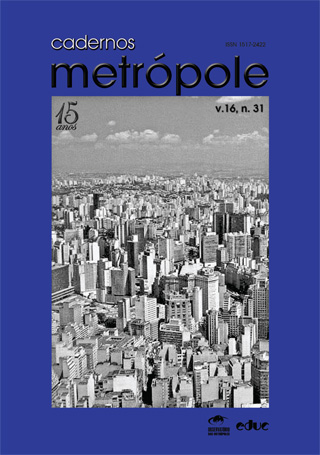Is it possible to talk, in the 21st century, of a Latin American model of city or metropolis? A European’s point of view
Keywords:
neoliberalism, Latin American city, urbanizationAbstract
The paper initially asks what can be understood by neoliberal city in Latin America in the 1990s and presents some reflections on events that have marked the history of cities. It identifies the categories of the past that clarify the ones that are currently in use in investigations, mainly those referring to systems that organize a specific domain: the metropolis in Latin America. As in anywhere else, the neoliberal city is the financialized city, where construction, in all its forms, in the entire urban territory which is now part of bank assets, leads to the privatization of old services and to the diffusion of new services, which are almost exclusively private. This definition encompasses practically all the cities of Latin America, large and medium-sized, and even diverse cities like São Paulo and Tegucigalpa. The text highlights six analysis paradigms that have guided important research studies on the Latin American urbanization process, allowing to analyze the simultaneity and the similarity of this process in different countries and in different periods of time.Metrics
How to Cite
Issue
Section
License
A revista não tem condições de pagar direitos autorais nem de distribuir separatas.
O Instrumento Particular de Autorização e Cessão de Direitos Autorais, datado e assinado pelo(s) autor(es), deve ser transferido no passo 4 da submissão (Transferência de Documentos Suplementares). Em caso de dúvida consulte o Manual de Submissão pelo Autor.
O conteúdo do texto é de responsabilidade do(s) autor(es).


